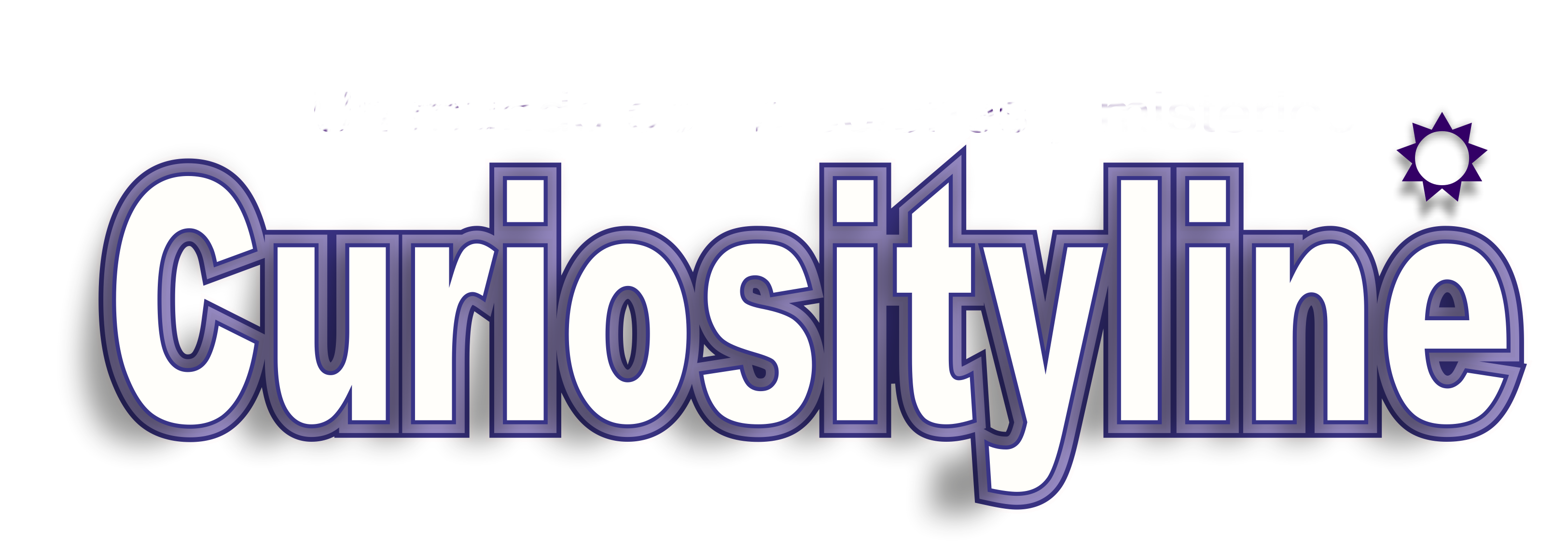Earlier in the day this thirty days, a complete shitstorm exploded on line whenever
HBO maximum announced
(Opens in a unique case)
that celebrity Jameela Jamil would judge their coming vogueing competitors show
Legendary
.
Cries on Twitter stated that a person outside the house-ballroom scene, specially a person that isn’t black and queer, ought not to determine these a tournament. Jamil, on her part, responded by
coming-out as queer
(Opens in a loss)
on Twitter additionally the discussion shifted. In addition to
approaching good questions about Jamil’s qualifications
(Opens in a fresh loss)
to guage house-ballroom, some advertised that Jamil wasn’t actually queer â or that she was not in some way «queer adequate.»
It had been an online mess that, whilst not completely brand new, reopened outdated wounds within the queer area and resurfaced anxieties a lot of, including me, currently thought. Exactly how queer do you have to
